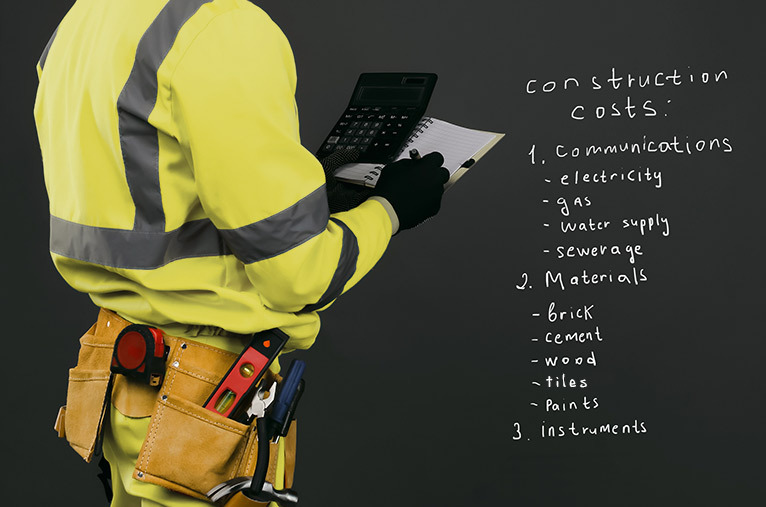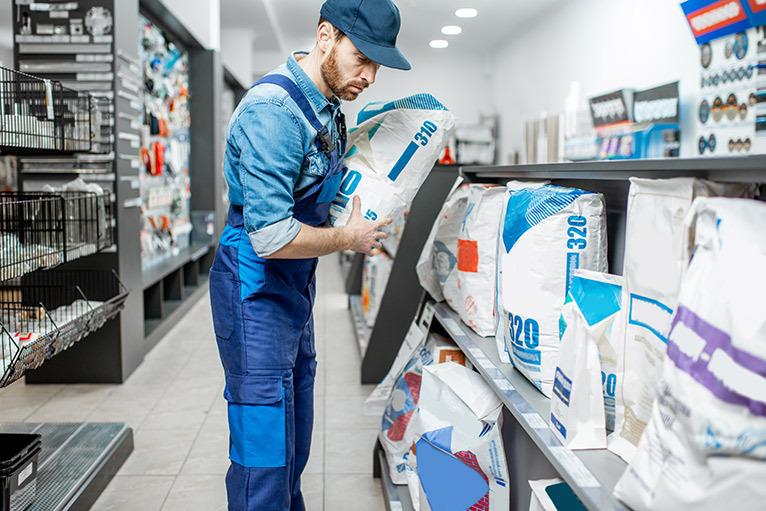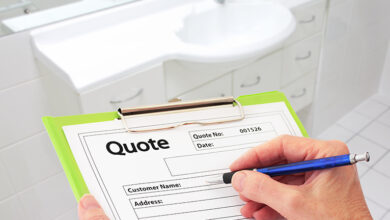Do I need to be VAT registered? The pros and cons for businesses and tradespeople
Whether you operate as a sole trader or a limited company, you must register for VAT (Value Added Tax) when your business turnover exceeds £85,000. Some sole traders and limited company directors register before they’re making this much, so what are the pros and cons of doing so?
Firstly – what does ‘VAT registered’ actually mean?

VAT is a sales tax that is currently set at 20% (and has been since 2011). When you register your business for VAT on gov.uk you’ll receive a VAT registration certificate and number, with advice on when to submit your VAT return and payment. Being VAT registered means a business is able to reclaim any VAT paid on company purchases (for example – a new van or business phone) and charge VAT on goods or services sold to customers (for example, the cost of bricks, mortar and time to build a brick wall).
Pros of being VAT registered

You can opt-in for VAT registration before your business exceeds the £85,000 threshold. Doing this is good time means you avoid the rush and stress of doing it suddenly – plus it means you have enough time to adjust your prices, quotes and invoices.
The main pro is that you can reclaim or reduce the VAT your business pays on goods and services against the VAT charged to your clients. You can make savings over time on a variety of business purchases – including workwear, expensive machinery and items such as a work laptop or computer. You can also reclaim VAT on fuel used to and from a job, unlike non-VAT registered businesses.
Being VAT registered may also give the impression that you’re doing well as a business and some customers may think you’re more professional.
Cons of being VAT registered

Being VAT registered does require more admin – such as adding VAT to client invoices, managing VAT invoices and receipts, and submitting quarterly or annual VAT returns and payments.
The main con of being VAT registered is appearing more expensive to customers, but it’s also a way to raise your prices if you felt you couldn’t before. It really depends on your business and your customers.

Do you quote for jobs alongside other non-VAT registered tradespeople? If the answer is yes then you may not want to be VAT registered. If you don’t want to be VAT registered then you need to make sure your business turnover doesn’t exceed £85,000. Remember this figure is calculated on the last 12 months of business, not on your trading or tax year – so you may need to stop working for a while if you’re reaching the threshold.
If you think being VAT registered sounds like a hassle, but you’re about to or want to turnover £85,000 or more, then you could employ an accountant to register and do VAT returns for you. Alternatively you could look into accounting software that’s designed to make the process easier.
From April 2021, tradespeople with a turnover exceeding £85,000 are required to keep digital records and use digital software (compatible with the government’s online system) to submit VAT returns. Find out everything you need to know about Making Tax Digital.
For more advice visit: https://www.gov.uk/vat-registration





2 Comments